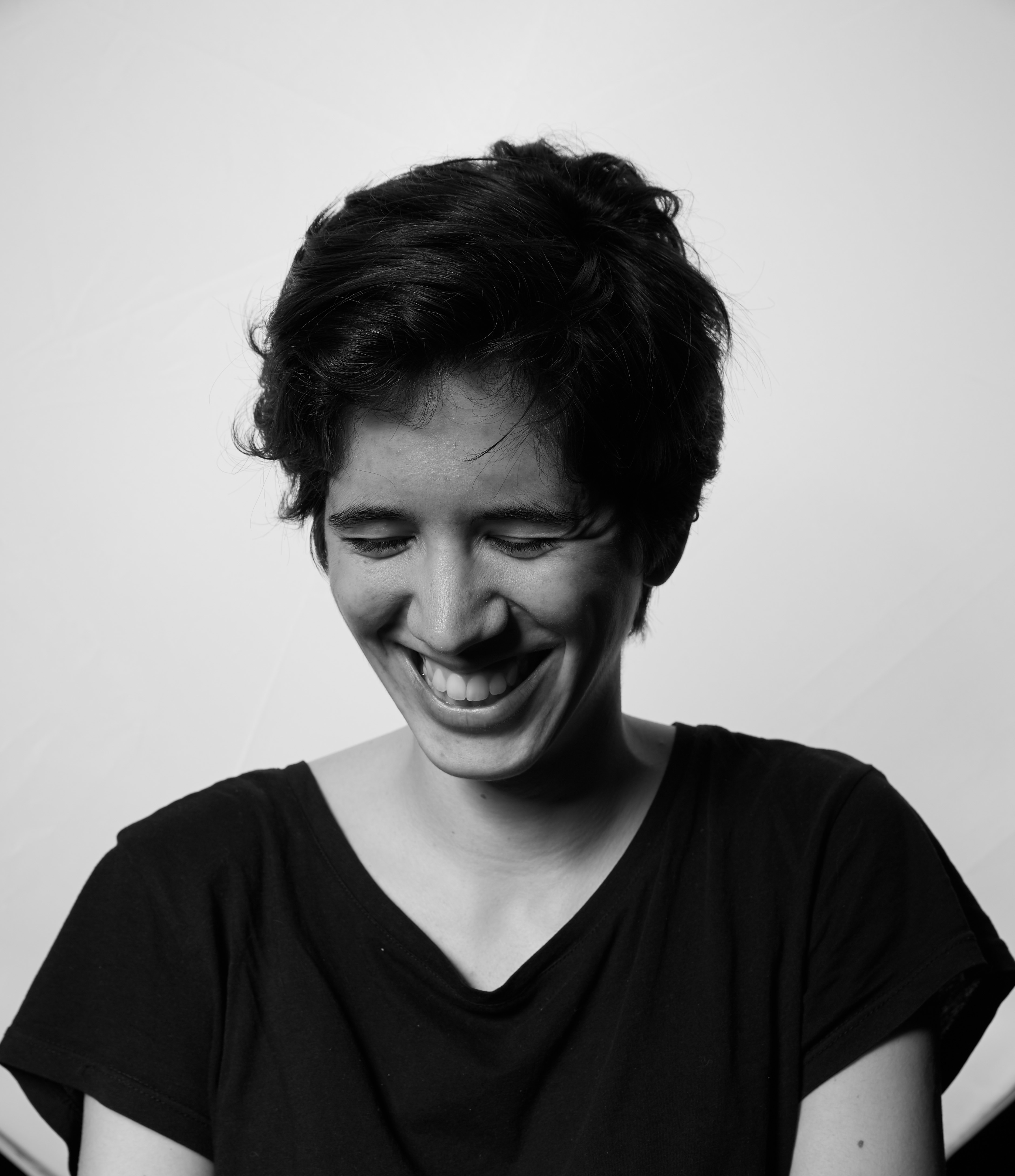| CANAL CES |
| PODCAST |
| TEMAS |
| PESSOAS |
|
Interview by: Ana Cristina Pereira and Rita Santos Este podcast faz parte da série de 28 podcasts realizados sobre o caso português e italiano no âmbito do projeto de investigação de 36 meses (2018-2021) (De)Othering: Desconstruindo o Risco e a Alteridade: guiões hegemónicos e contra-narrativas sobre migrantes/refugiados e “Outros internos” nas paisagens mediáticas em Portugal e na Europa, que pretendeu analisar criticamente representações mediáticas de migrantes, refugiados e “outros internos” em Portugal e na Europa, mapeando as suas interconexões com narrativas produzidas no domínio da segurança e no quadro da Guerra ao Terrorismo. O seu foco, uma análise de Portugal à luz de estudos de caso europeus profundamente afetados por ameaças terroristas (Reino Unido e França) e por fluxos migratórios/de refugiados (Itália e Alemanha), pretende investigar a construção de narrativas transnacionais de risco que permeiam a Europa independentemente da sua exposição “diferenciada”. O projeto foi financiado pelo pelo FEDER – Fundo Europeu de Desenvolvimento Regional através do COMPETE 2020 – Programa Operacional Competitividade e Internacionalização (POCI) e por fundos nacionais através da FCT – Fundação para a Ciência e a Tecnologia (Referencia Projeto: POCI-01-0145-FEDER-029997) This podcast is part of a series of 28 podcasts produced on the Portuguese and the Italian cases as outputs of the research undertaken in the 36 months project (2018-2021) (De)Othering: Deconstructing Risk and Otherness: hegemonic scripts and counter-narratives on migrants/refugees and ‘internal Others’ in Portuguese and European mediascapes that sets out to critically examine media representations on migrants, refugees and ‘internal Others’ in Portugal and across Europe while mapping out their interconnections with particular narratives in the field of security and within the War on Terror. Its focus – an analysis of Portugal in the light of other European cases affected by terrorist threats (United Kingdom and France) and by migrant/refugee flows (Italy and Germany) – aims to explore the construction of transnational narratives of risk pervading Europe regardless of the ‘differential’ exposure to them. The project was funded by FEDER – European Regional Development Fund through the COMPETE 2020 – Operational Programme for Competitiveness and Internationalisation (POCI), and by Portuguese funds through FCT in the framework of the project 029997 (Reference: POCI-01-0145-FEDER-029997).
Maria de Azevedo Brito is co-founder of Ambigular and coordinator of the “Travessia” project. She worked in China between 2015 and 2020, implementing cultural projects for social inclusion, having previously developed storytelling projects in Turkey and Palestine. Graduated in Law, with experience in refugee law and human rights. Summary of the podcast In this episode, Maria de Azevedo Brito discusses her project Ambigular, an organization specialized in storytelling, with national as well as international activities, now part of a social incubation of Casa do Impacto. Their main activity in Portugal, “Travessia”, is a result of a three-month story-telling initiative in which a group of refugee women from different countries - Nigeria, Irak, Sudan and South Sudan - participated. The general idea of Ambigular, as one of the project creators reports in this episode, is that it is urgent to create safe spaces in which refugees can share their own stories and narratives. First-person narratives create a more authentic representation different from mainstream media discourses that often produce and reinforce stereotypes and false ideas about migration that can fortify ideas of Otherness. As participants recount episodes of trauma and violence that are circumscribed in their bodies and experiences, Ambigular’s creators seek to partner with other organizations that are able to provide psychological support to participants. In Portugal, this collaboration took place with Adolescere, an institute that aims to promote improvement of the quality of life of the population vulnerable to social risk, in this case refugee women-led, single-parent families. Maria reports that two of the biggest challenges of the project were the pandemic and language barriers. The pandemic prevented the project from taking place in-person, which allows for a more intimate and welcoming space and greater trust and openness during the sessions. As for the linguistic issues, these were overcome with the help of a cultural mediator, who was also a refugee from Sudan and, due to similar experiences. During the sessions, the participants created different narrative structures, with characters and conflicts, and after that, they could choose which story they wanted to share. Originally, eight women participated in the sessions, but just six decided to continue the process. In these six episodes of Travessia, through subjective and impactful reports, gendered narratives of migration are constructed and highlight a side that often remains invisible in migration and refugee crisis narratives in a much more accessible way than academic articles. pessoas
ligações
|





 Bio of the speaker
Bio of the speaker